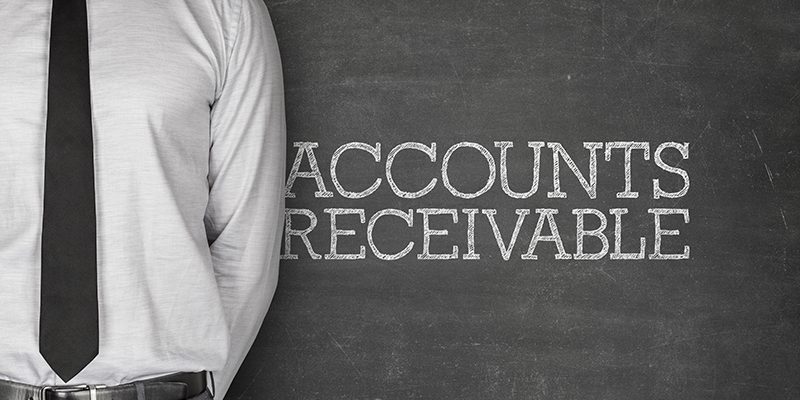3 key strategies for streamlining your accounts receivables in 2020
In an ideal world, small businesses are always paid on time and never face the threat of a cash flow crisis thanks to having extended credit to customers who can’t or won’t pay their invoices within the specified time frame.
In reality, of course, small businesses are constantly under pressure from delayed payments and problems caused by having less than perfect accounts receivables systems in operation.
But there are tried and true processes that should be in place in your small business to maximise the likelihood of maintaining positive cash flow. Here are the top three strategies for improving your accounts receivable system in 2018.
- Conduct due diligence
Before you extend trade credit to a potential customer, the onus is on you to make an informed judgment as to that customer’s creditworthiness. Running basic credit checks, considering the client’s digital footprint for important background information, and having potential customers complete a credit application before taking them on will go a long way towards helping you select clients who are less likely to prove bad payers.
Due diligence carried out before engaging with customers will ensure you possess their correct, up-to-date details, including their ABN and their correct legal entity. And because credit applications also requite trade references to be submitted, you also have another opportunity to weed out bad debtors by checking references.
- Create clear payment terms and conditions
Write your terms of trade to your liking and have clients sign off on them before any work or goods are provided. A good collection agent can provide you with samples of effective and legal clauses you should consider including.
Make it crystal clear in your terms of trade that if collection goes to an external debt collection agency, the debtor will have to bear that cost. While most debt collection agencies offer a ‘no collection, no fee’ service, meaning upfront costs are minimal, you’re also perfectly entitled to recoup debt collection expenses and commissions incurred, by incorporating relevant debt collection clauses into your terms of trade.
Make sure you communicate your terms of trade clearly. All paperwork- agreements, contracts, invoices, email reminders, should include an outline of your agreed payment terms, so there can be no surprises, confusion or complaints about lack of transparency.
- Outsource to professionals
Gaining in popularity is outsourcing, whether only the debt collection stage, or the entire accounts receivable process. Companies in the financial management industry have been restructuring their services so that now you can get help to manage any stage of the collection process, all the way through to having your whole accounts receivable function managed on your behalf your business.
Professional debt collection agencies will provide the appropriate level of dispassionate oversight, and will have the expertise to understand which clients just need a gentle nudge and which situations will require withholding supply or suspending an account until arrears are paid. Outsourced accounts teams also have the experience to know how and when to offer settlement discounts or payment proposals when it’s the best option agreeable to both parties. The agency will meticulously maintain your customer records, as well as be well versed on the legalities of debt collection, and the most effective methods and best-practice processes to be employed.
Being able to stay at arms-length from your accounts collection process can also help preserve the client relationship, provided you have been upfront about your terms of trade all along.
Retaining a debt collection agency is no drastic measure of last resort, nor should it be seen as an act of desperation. The image of debt collection has evolved far beyond pop culture depictions of agents as thuggish enforcers. Now, it’s seen as a very smart business move, saving money on wasted staff hours and allowing small business owners to focus purely on running their business.
Call us on 1300 136 271 or enquire today to discuss how we can help you proactively manage your accounts receivables in 2018.

